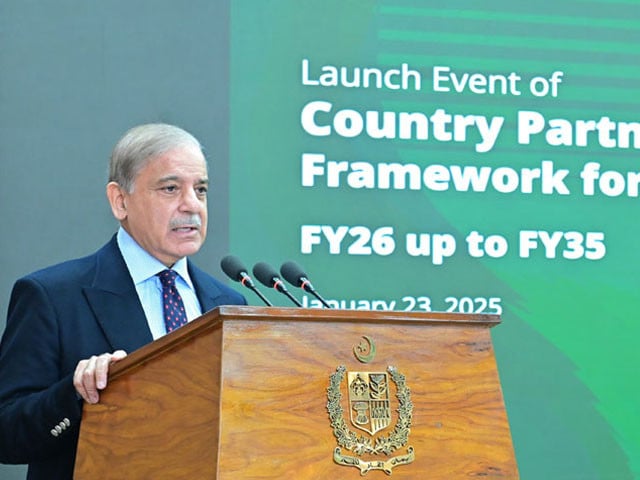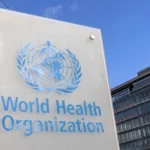The World Bank has unveiled a strategic 10-year Country Partnership Framework for Pakistan that will address critical socio-economic challenges from 2026 to 2035.
The initiative was officially inaugurated by Martin Reiser, the Vice President of the World Bank for South Asia, who pledged $20 billion in funding to assist Pakistan in its development over the next decade.
The framework highlights long-term goals over the next five to ten years, including poverty reduction, addressing climate challenges, and preventing infant stunting. Key objectives involve fostering sustainable development, improving air quality, and promoting renewable energy with community participation. Additionally, the initiative aims to implement strategies that boost private investment, create jobs, and enhance trade.
The Bank noted in the report that the Pakistani economy is recovering from recent crises, but it is still confronted with various risks, such as political instability. It acknowledged that Islamabad had implemented financial, energy, and business reforms to expedite growth.
Pakistan’s Economic Projections and Inflation Forecasts by the World Bank
The World Bank acknowledged a continuing lack of confidence despite earlier setbacks. According to their analysis, Pakistan’s development path shows projected growth rates of 2.8% for the current fiscal year, increasing to 3.2% next year and reaching 3.4% by 2027. Additionally, inflation is expected to gradually decrease from 11.1% this year to 8% by 2027.
It was noted that the tax-to-GDP ratio is expected to reach 10.9% this year and 11.2% in 2027.
The World Bank also anticipated that Pakistan’s debt obligations would increase, with the debt-to-GDP ratio expected to reach 73.8% this year and 74.7% the following year. It predicted that this rate would increase to 75.2%.
Despite this, the framework acknowledges significant challenges. Pakistan faces considerable issues concerning politics, governance, and macroeconomics. The nation has a low Human Development Index, scoring 41 out of 100 on the Human Capital Index.
The Bank noted that 25.4 million children aged five to 16 are not in school, potentially leading to a 9% economic decline by 2050 due to climate change. The report highlighted that 2.6 million children faced barriers to education because of the coronavirus pandemic and flooding.
The World Bank report predicts that Pakistan’s economy will shrink by 9% by 2050 due to climate change. It also highlights the significant role the state plays in the Pakistani economy. The government oversees over 200 institutions, contributing to 48% of GDP.
The World Bank emphasizes the significance of investing in social protection and human resources and eradicating poverty and food security. It also acknowledges Pakistan’s expanding population of over 240 million as a potential development opportunity.
Reiser highlighted that achieving the Country Partnership Framework’s objectives requires a collaborative approach between the private and public sectors and sustained effort over the decade. “These goals will not be realized in just a few months or even one to two years,” he noted.
The inauguration ceremony of the framework saw the presence of Prime Minister Shehbaz Sharif, who emphasized its importance for Pakistan’s economic growth.
In his address at the event, the Prime Minister highlighted the World Bank’s ongoing support for the country across multiple sectors. Pakistan has benefited from the World Bank’s assistance at different times, which has proven advantageous in various areas.
Shehbaz Sharif emphasized the importance of the Federal Board of Revenue’s digital transformation, highlighting that an impersonal system has been established for officials at Karachi Port and Customs. He stressed that these systemic reforms could potentially generate trillions of rupees in additional revenue.
The Prime Minister noted that the reforms now in progress should have been put in place years ago. He stressed that funds will be directed towards essential sectors like education and healthcare, aiming primarily to tackle corruption. “The government team is working hard to accomplish challenging yet achievable tasks and objectives.”
Shehbaz noted that the presence of the World Bank’s vice president signifies a “guarantee of Pakistan’s development,” highlighting the international financial institution has confidence in the nation’s potential.

Salman Ahmad is known for his significant contributions to esteemed publications like the Times of India and the Express Tribune. Salman has carved a niche as a freelance journalist, combining thorough research with engaging reporting.














